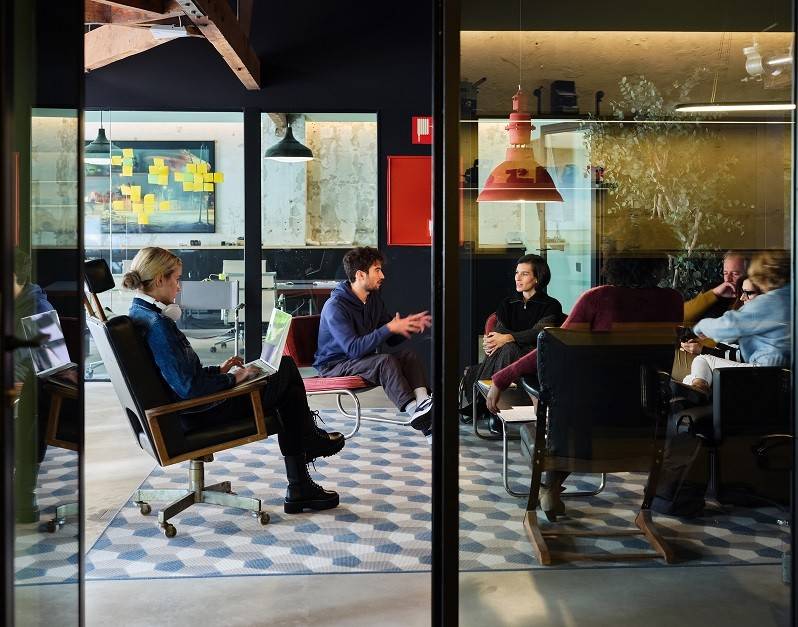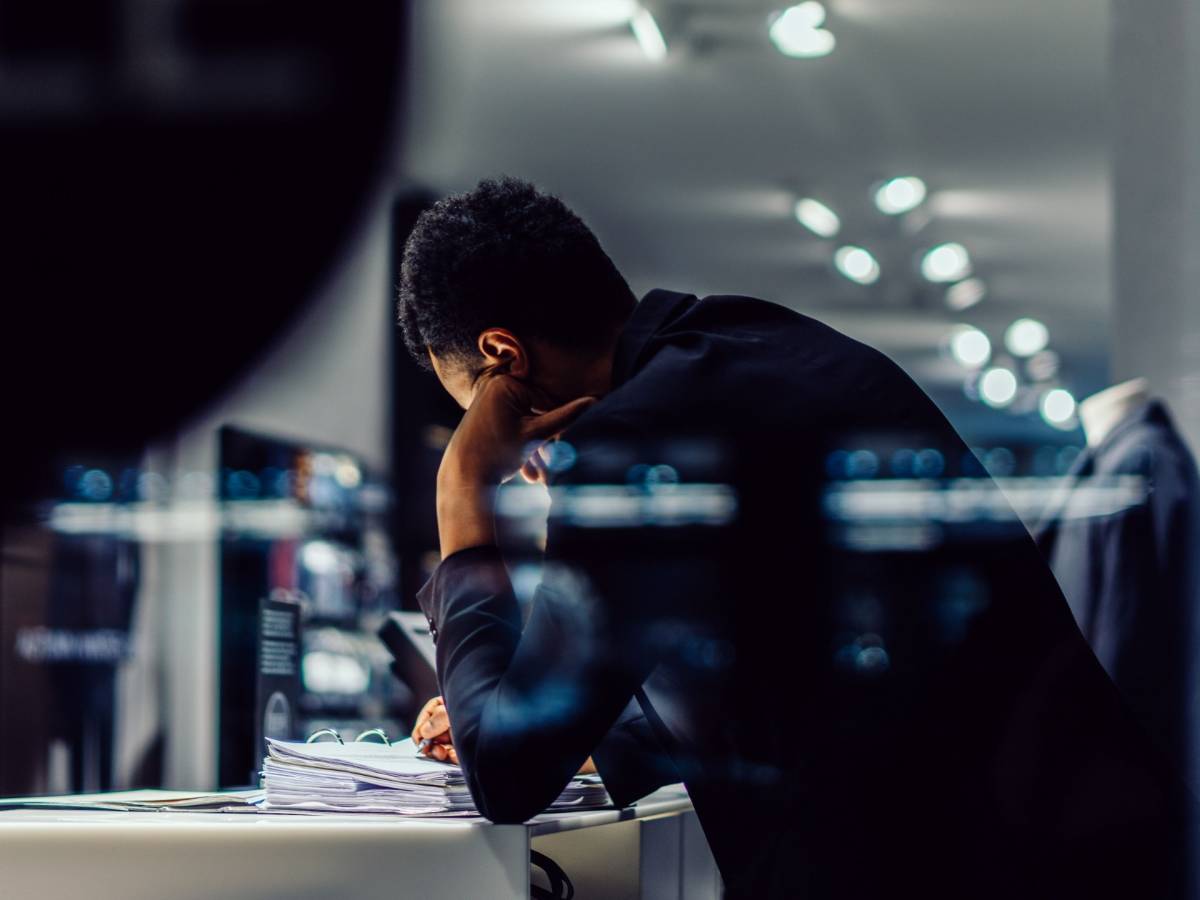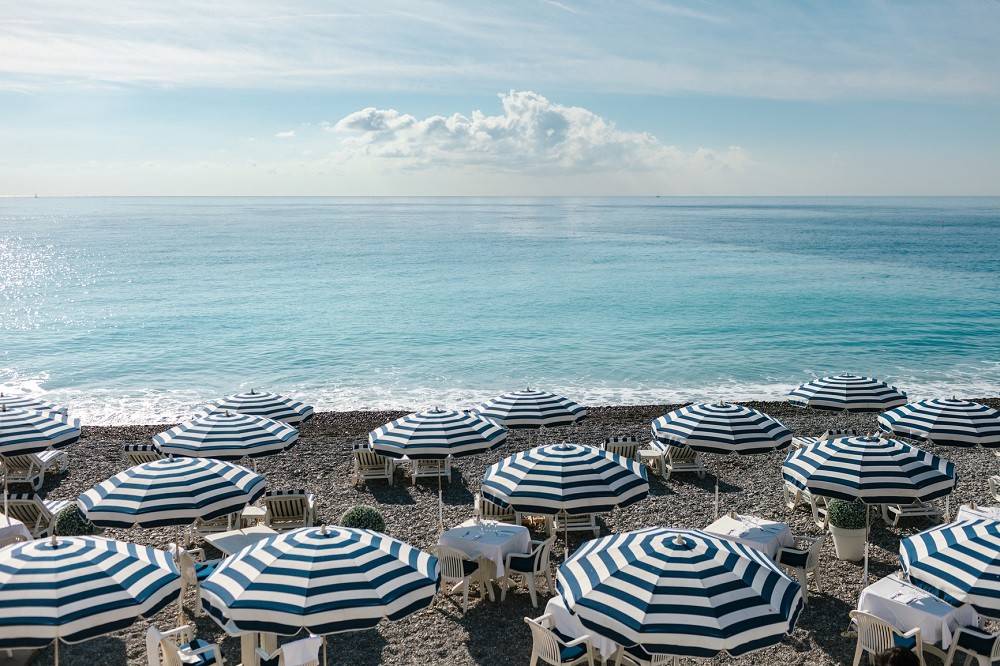UAE millennials report high levels of vacation deprivation despite generous leave
UAE Millennials are significantly more vacation-deprived than their Gen Z counterparts

Dubai: Expedia’s latest Vacation Deprivation report, now in its 24th edition, delves into the UAE market for the first time. The report reveals that UAE Millennials are significantly more vacation-deprived than their Gen Z counterparts, with 50% of Millennials feeling deprived compared to 35% of Gen Zers. This disparity persists even though Millennials receive and use substantial amounts of annual leave.
Struggling to take break
Melanie Fish, head of public relations at Expedia Group brands, explained the paradox: “Despite receiving more than six weeks of annual leave from their employers and using all of it, UAE residents still feel vacation deprived.” Fish attributes this to the overwhelming nature of planning vacations, with 57% of Millennials finding the process stressful due to the multitude of travel options available. The Expedia app aims to alleviate this stress by assisting travelers throughout their journey.

Vacation patterns among generations
The report highlights different vacation habits among generations. While Millennials take breaks less frequently, 33% of Gen X workers go six months or more without a holiday. In contrast, only 5% of Millennials take monthly breaks. Financial prudence is a common reason for infrequent travel across all generations, with 34% of Gen X, 29% of Millennials, and 27% of Gen Zers saving for more substantial trips.
Supportive employers and holiday usage
UAE employers are praised for encouraging employees to take time off, with 80-81% of Millennials and Gen Z workers feeling supported in using their holiday days. Millennials, on average, receive 25.5 holiday days annually and used between 21 to 30 days in 2023. They plan to take a similar amount in 2024. Notably, over 40% of Gen Zers favor a 4-day work week, primarily to have more personal time, including travel.
Psychological benefits of vacations
Expedia collaborated with UK psychologist Dr. Becky Spelman, who underscores the critical mental health benefits of vacations. Dr. Spelman explains that holidays reduce stress, provide cognitive rejuvenation, and enhance mood through what she calls the “holiday halo” effect. The positive impacts extend beyond the vacation period, contributing to overall well-being and stronger family relationships.

International comparisons
Globally, vacation deprivation levels remained consistent in 2023, with about two-thirds of employed professionals feeling somewhat or very deprived. Significant increases in vacation deprivation were noted in Germany (up 14%) and Japan (up 10%), while Mexicans and Australians felt notably less deprived.
Countries with the Highest Vacation Deprivation:
Germany (84%)
France (69%)
USA (65%)
Countries Taking the Most Vacation Days:
France (29 days)
Hong Kong (28 days)
Germany (27 days)

Promoting the Use of Vacation Days
Expedia emphasizes the importance of using all allocated vacation days for mental and physical health benefits. Dr. Spelman’s research supports this, highlighting that vacations can reduce stress, improve cognitive function, and foster better relationships. The Expedia app is promoted as a tool to help plan and book vacations easily, ensuring no vacation days are left unused.
Expedia-Vacation-Deprivation-Global-Report-2023